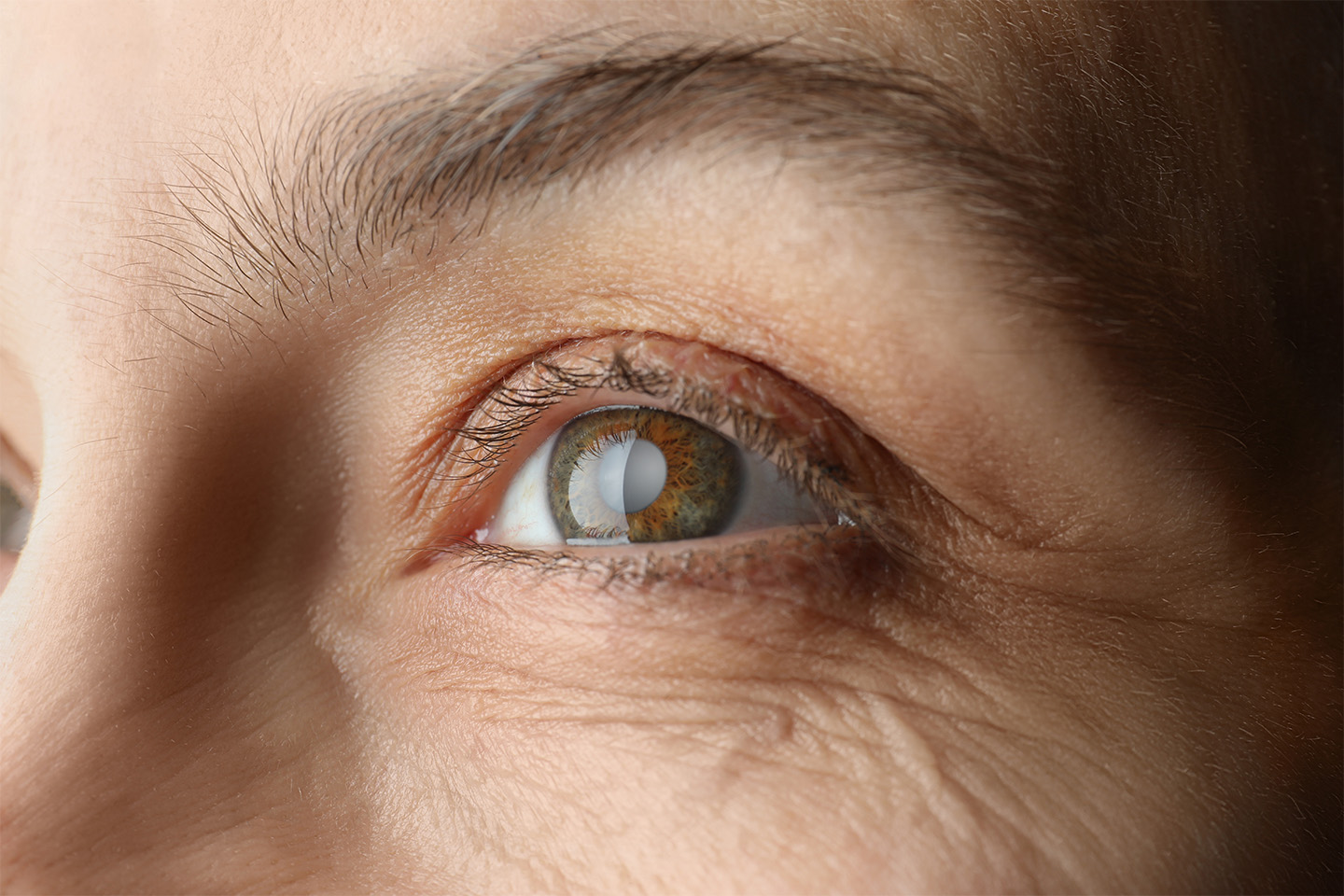10 Common Questions About Premium Lens Options

When you decide to go ahead with cataract surgery, the first thing you decide is what type of lens to use to replace your damaged natural lens. At Kleiman Evangelista Eye Centers, we are the premier experts in cataract and LASIK eye surgery in Dallas. We’ll do everything possible to make sure the process goes smoothly.
During the procedure, we replace your natural lens with a monofocal or multifocal artificial intraocular lens (IOL). Your eye doctor will discuss the different types of premium replacement lenses available during your consultation. Fortunately, we offer all three premium lens types so you can choose from the widest selection available.
1. What are premium lenses for cataract surgery?
A premium lens can improve nearsightedness and farsightedness. Some IOLs correct for astigmatism. Most patients don’t need glasses following cataract surgery, depending on the type of lens they choose. This is in comparison to a standard, or monofocal, lens which only corrects vision at one distance.
2. Are premium cataract lenses worth it?
You have many options when it comes to budgeting for traditional or premium lenses. Most patients who opt for more expensive premium lenses are more than happy with the results. Simply put, you need premium IOLs to avoid wearing glasses following your cataract surgery. These lenses mimic your natural sight, whereas monofocal intraocular lenses leave you dependent on glasses as they only correct either distance or near vision.
Premium lenses may cost much more than traditional monofocal lenses. However, most patients agree the results are worth the expense as the visual results are meant to last forever provided that the health of the eyes remains stable.
3. Which lens is better for cataract surgery?
The different types of lenses include the following:
- Monofocal lenses eliminate farsightedness or nearsightedness. You will need glasses to correct for the condition you choose to live with.
- Toric lenses correct astigmatism, a condition where your eye is not completely round. Most patients with this option will still need reading glasses.
- Aspheric lenses counteract changes from the cornea and help improve contrast/color perception
- Multifocal lenses allow for corrected distance and near vision and may lead to independence from glasses following your cataract surgery.
4. Which lens is better, monofocal or multifocal?
Multifocal lenses are a great choice if you do a lot of close work on the computer or with tasks such as crafting, as they typically result in better near vision. However, multifocal lenses may cause effects such as halos and glare more often than monofocal IOLs.
5. Are multifocal lenses worth it?
Many patients who receive multifocal IOLs feel like they made a good investment. These lenses improve near and far vision and often result in freedom from glasses. No routine replacement is necessary, as intraocular lenses are designed to last throughout your lifetime.
6. Does cataract surgery give you 20/20 vision?
You may be able to achieve 20/20 vision without glasses following cataract surgery. However, the presence of the following conditions may prevent 20/20 vision. These conditions may be present before cataract surgery or can occur anytime after surgery:
- Macular degeneration
- Glaucoma
- Corneal scarring
- Macular scarring
With the assistance of glasses, most patients gain 20/20 vision following cataract surgery.
7. Do you still need to wear glasses after cataract surgery?
It takes between one and three months for your eyes to fully heal after cataract surgery. Once they are completely healed, you can come in for an eye exam and we will update your eyeglass prescription, if necessary.
You may not need glasses if you have good overall eye health without significant astigmatism. However, vision may still change over time with the aging process. Therefore, you may still need eyeglasses at some point.
Typically, no matter what lens you choose, you can look forward to less dependence on glasses following successful cataract surgery at Kleiman Evangelista Eye Centers.
8. Is it better to have cataract surgery early?
There is no limitation on when you can undergo cataract surgery. However, it may be easier to remove cataracts before they mature. This can impact recovery time and how long the surgery takes. Mature cataracts can cause severe visual impairment and carry a higher risk of complications. Therefore, it makes sense to have the operation sooner rather than later for most people.
9. How long do cataract lenses last?
The artificial lenses designed for cataract surgery are meant to last a lifetime. Sometimes, the natural capsule that holds the lens becomes clouded, typically months or years after cataract surgery. If this occurs, we can treat the condition with laser therapy to restore your vision.
10. What is the latest technology for cataract surgery?
Exciting new technology continues to improve patient outcomes and recovery. Scientists and eye doctors are currently working on new refractive IOLs that can improve vision results following cataract surgery. Typically, eye doctors remove cataracts from one eye and let it heal prior to treating the other eye. This requires two surgeries and two trips to the clinic. The newest IOLs that we are currently using are the PanOptix lens, a trifocal lens, and the Vivity lens, an extended depth of focus lens.
You’re in good hands with our experts in cataract and LASIK eye surgery in Dallas. Contact Kleiman Evangelista today to set up an appointment.
[DISPLAY_ULTIMATE_SOCIAL_ICONS]








